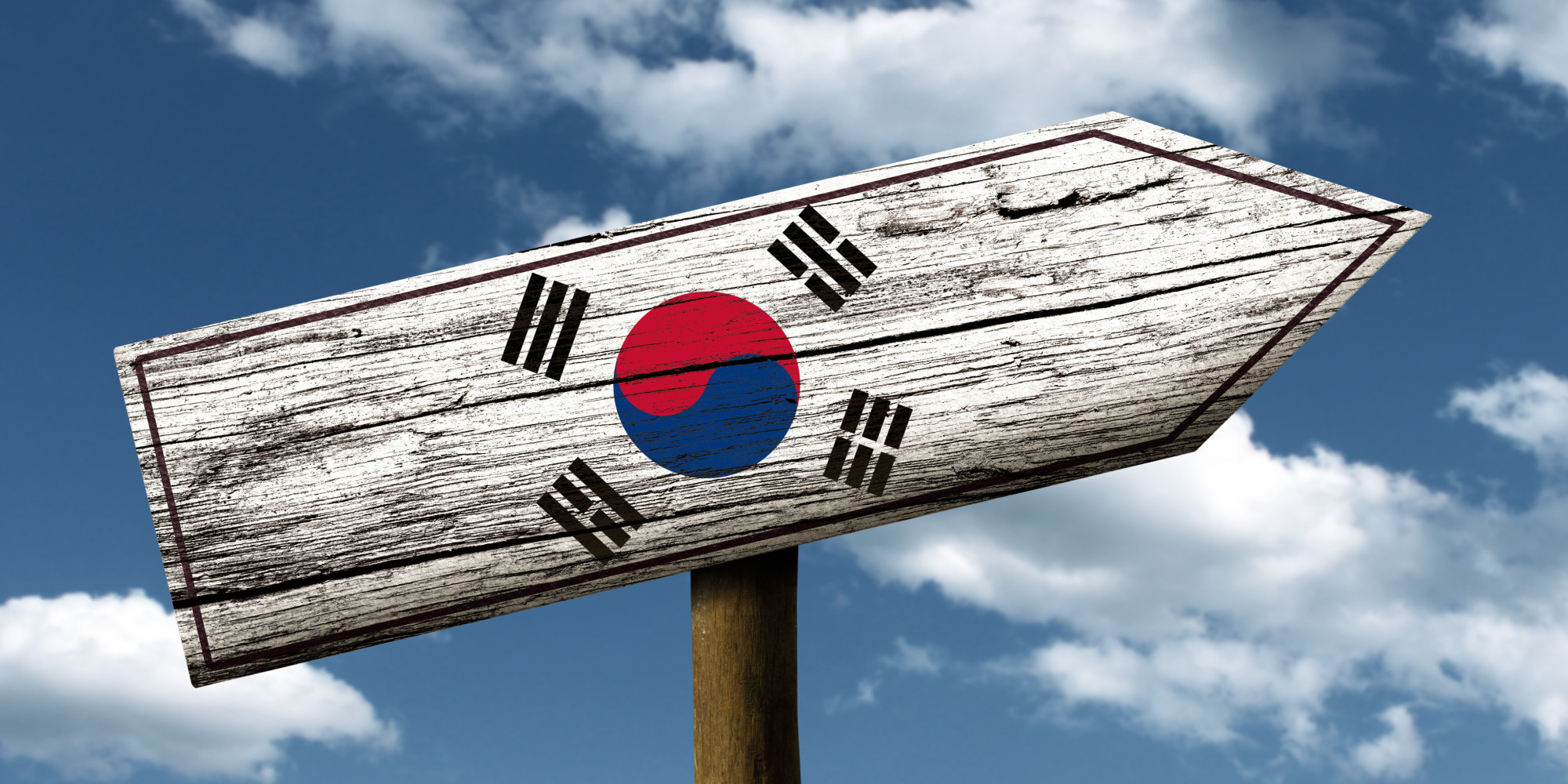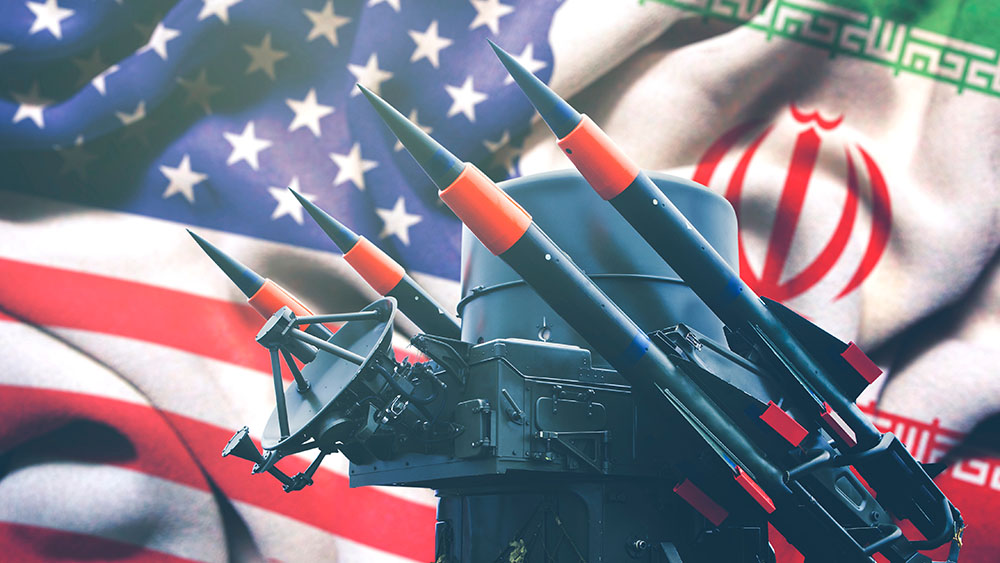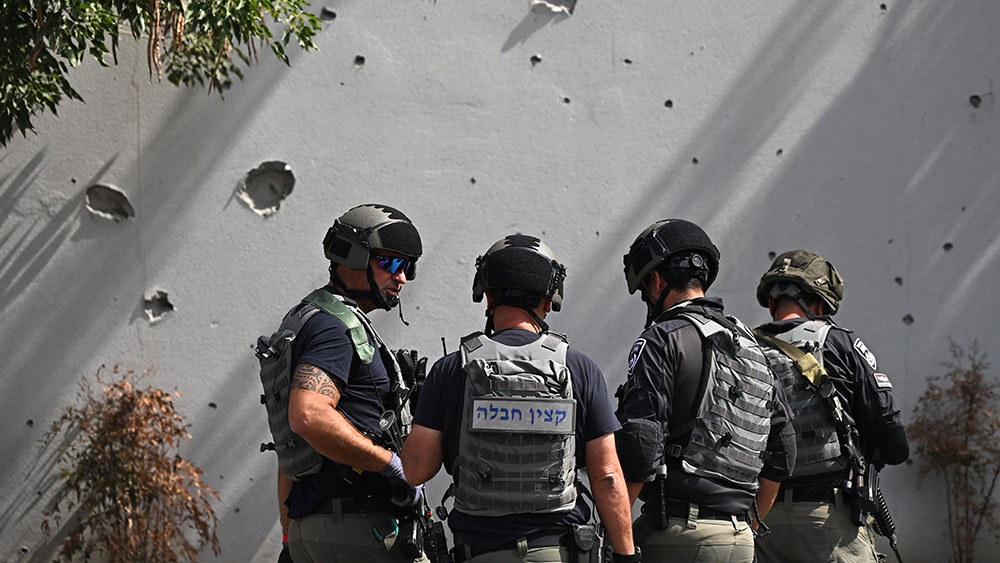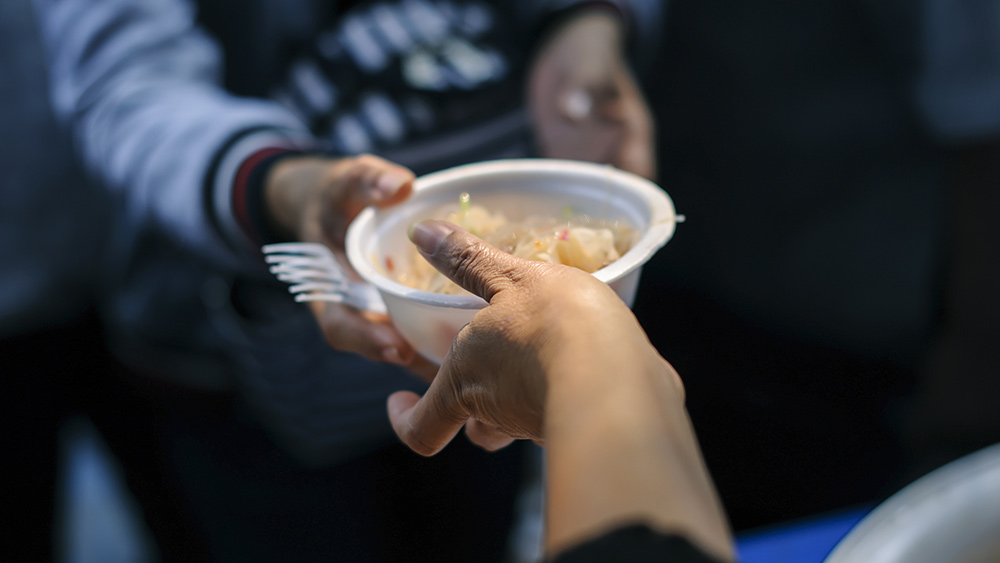 Parler
Parler Gab
Gab
- South Korea’s acting President Han Duck-soo was impeached, deepening political turmoil after President Yoon Suk Yeol’s suspension.
- Finance Minister Choi Sang-mok is now interim leader amid economic instability and a constitutional crisis.
- Yoon’s impeachment trial began, with the Constitutional Court deciding his fate within 180 days.
- Economic fallout includes the won hitting its lowest level since 2009, raising fears of a financial crisis.
- An arrest warrant was issued for Yoon over allegations of rebellion tied to his martial law decree.
Economic fallout and global concerns
The political instability has sent shockwaves through South Korea’s economy, with the won plummeting to its lowest level against the U.S. dollar since March 2009. Analysts warn that the ongoing turmoil could lead to economic troubles reminiscent of the devastating financial crisis of the late 1990s. The uncertainty has also alarmed South Korea’s allies, particularly the United States and Europe, who viewed Yoon as a key partner in countering China, Russia, and North Korea. Adding to the chaos, an arrest warrant has been issued for Yoon Suk Yeol as part of an investigation into whether his martial law decree amounted to rebellion. Yoon, who has defied multiple summons and blocked searches of his offices, faces charges of abuse of authority and orchestrating a rebellion. While he retains immunity from criminal prosecution as president, such protections do not extend to allegations of treason or insurrection.A democracy at risk
The events of the past month have plunged South Korea into its gravest political crisis since 1987, when mass protests forced the ruling party to accept democratic reforms. The impeachment of both Yoon and Han, coupled with the ongoing constitutional and legal battles, has left the nation in a state of paralysis. The opposition Democratic Party, which controls parliament, has accused Yoon and his allies of attempting to undermine democracy with the martial law decree. Meanwhile, Yoon’s supporters argue that the opposition is exploiting its majority to push through impeachments and consolidate power. As the Constitutional Court deliberates on the fates of Yoon and Han, South Korea’s future hangs in the balance. The court’s decisions will not only determine the country’s leadership but also test the resilience of its democratic institutions. For now, Finance Minister Choi Sang-mok faces the daunting task of steering the nation through this crisis. But with political gridlock, economic instability and public anxiety at an all-time high, the road ahead remains fraught with challenges. Sources for this article include: Reuters.com BBC.com APNews.comSteve Quayle and Mike Adams: Globalists pushing INSECTS and FRANKENFOOD to the masses
By Kevin Hughes // Share
How international NGOs racialise and silence Palestinian civil society
By News Editors // Share
Unraveling the origins of Crossfire Hurricane, the FBI’s Trump-Russia-collusion hoax
By Lance D Johnson // Share
Steve Quayle and Mike Adams: ENGINEERED FAMINE unleashing Biblical prophecies
By Kevin Hughes // Share
Governments continue to obscure COVID-19 vaccine data amid rising concerns over excess deaths
By patricklewis // Share
Tech giant Microsoft backs EXTINCTION with its support of carbon capture programs
By ramontomeydw // Share
Germany to resume arms exports to Israel despite repeated ceasefire violations
By isabelle // Share










